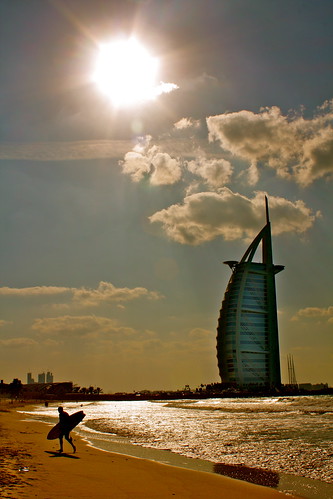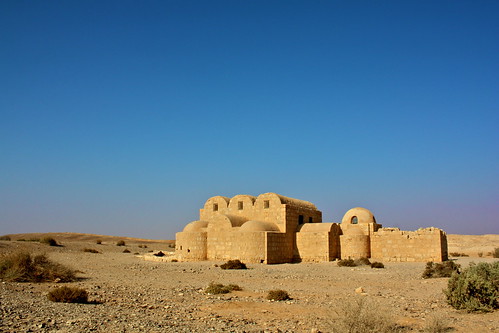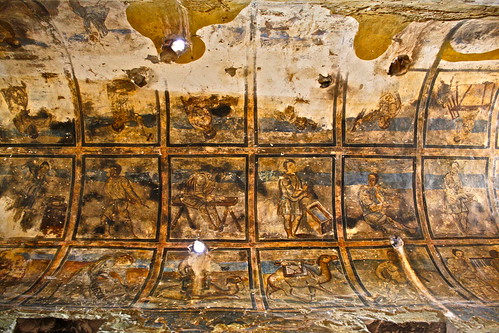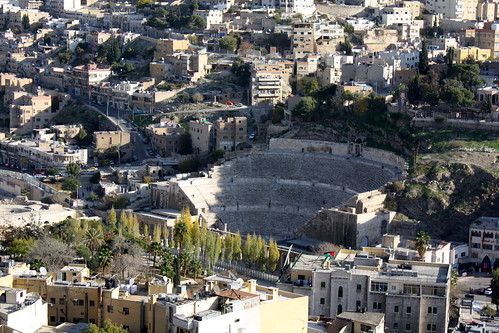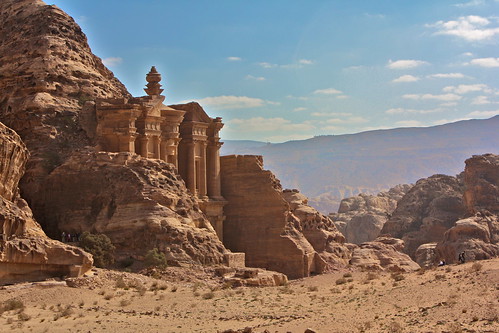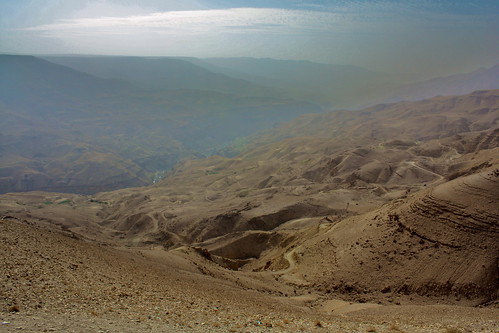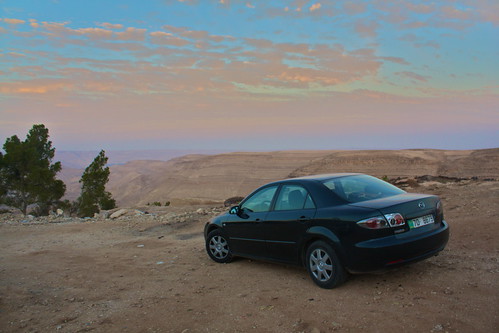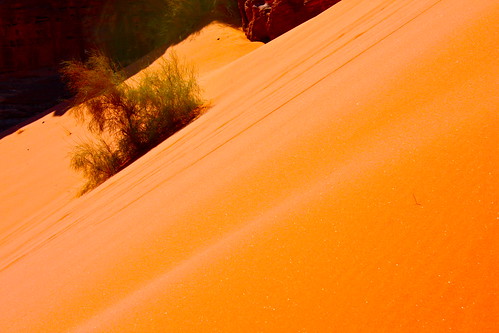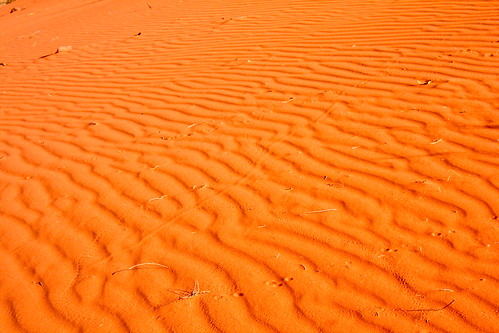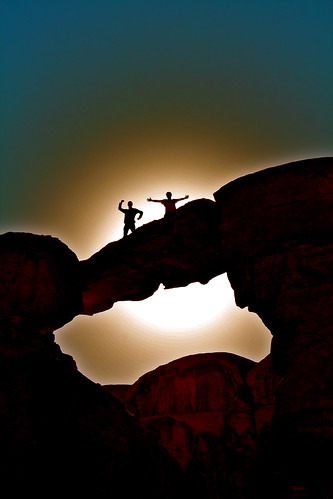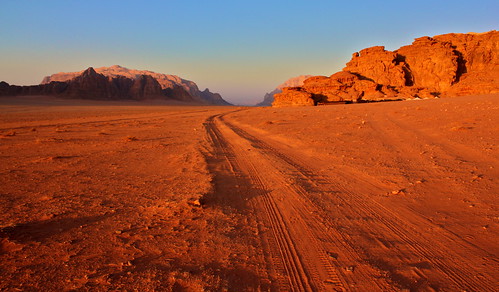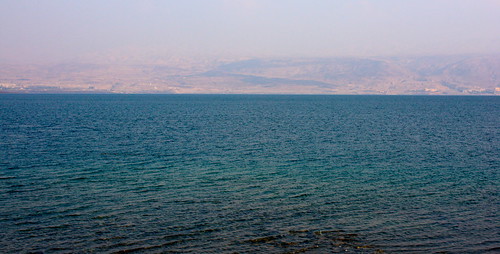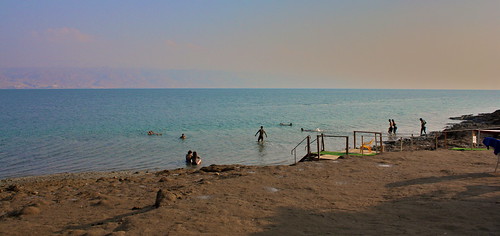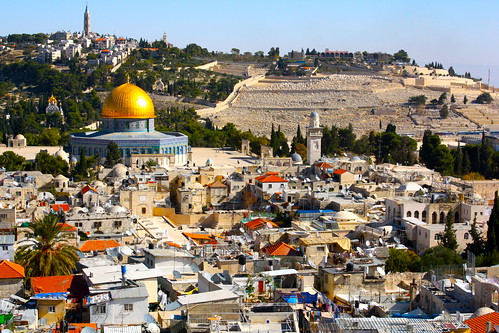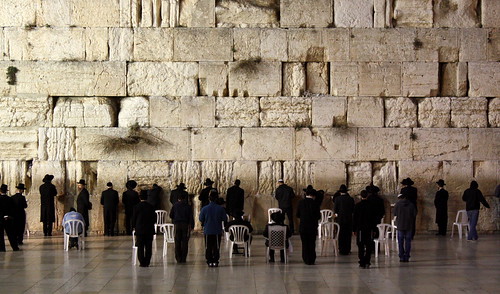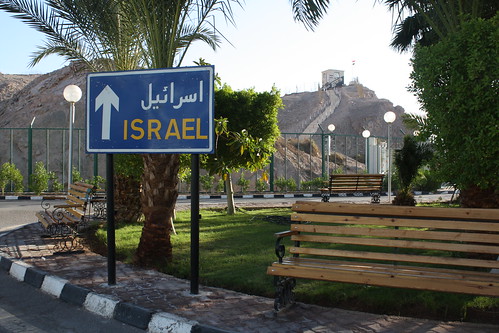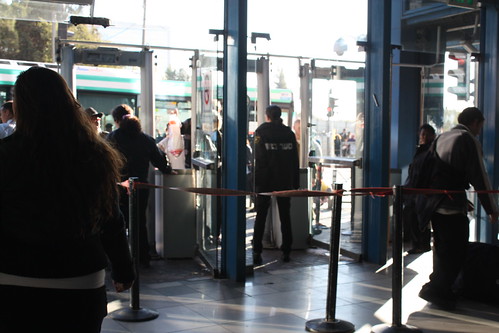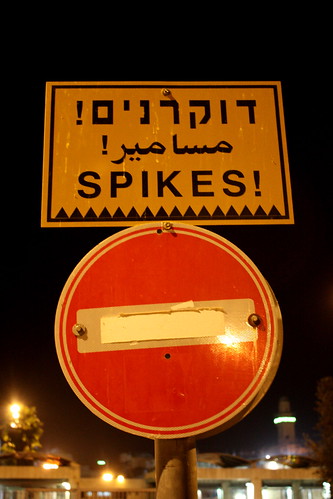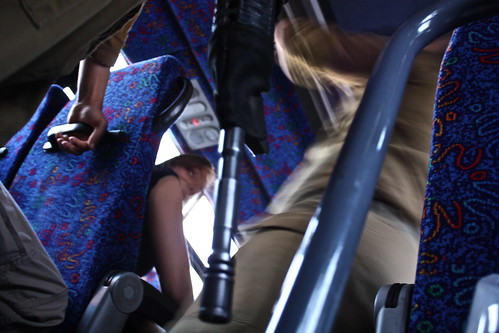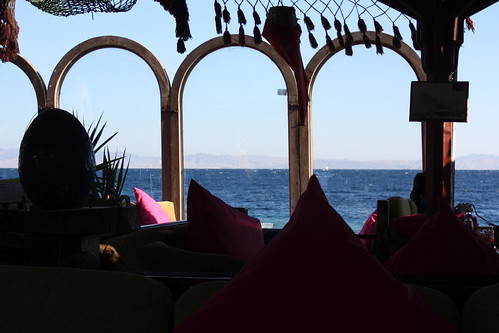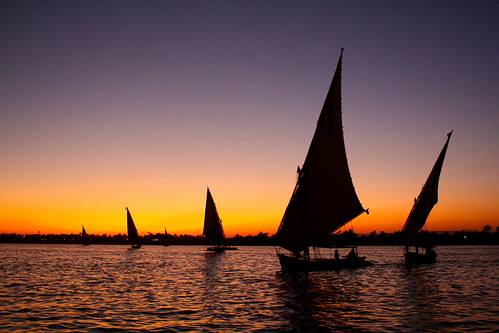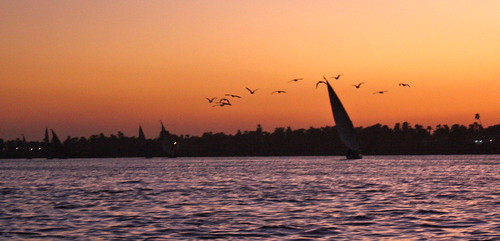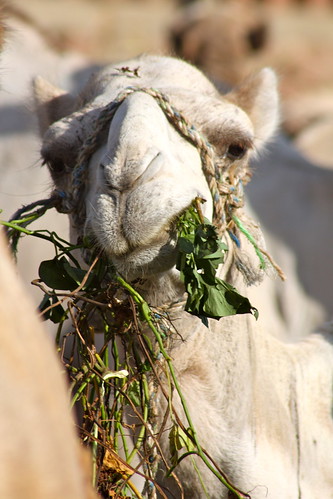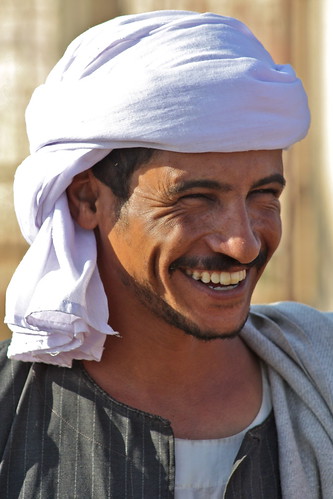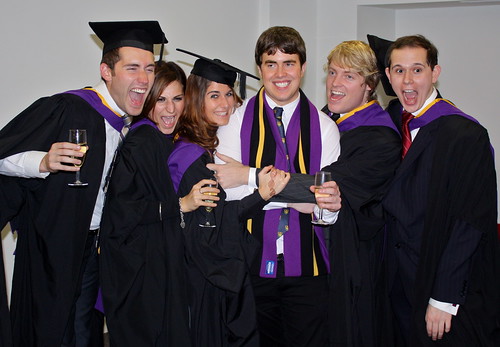
My year at the London School of Economics is over and I’ve managed to actually obtain my Master’s degree, a first for someone of the Taylor clan. It feels good. Really good. When I look back on the year, however, LSE isn’t really the first thing that comes to mind. In fact, it’s not even in the top three. My coursework itself definitely ranks in the number one spot. The reading lists were incredible, the opportunity to research and explore my areas of interest were phenomenal and the entire learning experience fundamentally changed the way I see the world, but I don’t really give the LSE too much credit for that. Yes, my department put the reading lists together but no, they didn’t really give “teaching” the subject matter much effort. No time for us. That was the theme. No time in office hours. No time in seminars. No time in lectures. Figure it out on your own. The entire institution seemed to run on the same mindset. If you can’t figure it out on your own then you’re an idiot. Even then, don’t bother us with it. We have “stuff to do.”

Next, I’d say, would be the incredible people - My “Glee Team.” We were anywhere from five to ten strong at different moments, we were wildly international, we could hold our liquor and we - without a doubt - had more fun than any other group of people at the LSE. I now have an international network of political junkies, all ready to watch each other’s backs should the need arise. In no time we’ll be running the world, which will also be super fun. If you aren’t convinced that we are the “real deal” yet, consider this: An hour before graduation we met at the campus pub to toast our success. There were literally hundreds of students on campus who had either just graduated or were just about to graduate. With all that excitement we expected a packed bar of revelers cheering each other on. Nope. Just us. In our caps and our gowns we raised our glasses to surviving and succeeding not just as individuals but as a team. That felt good.

Still ranked above the LSE would be the city of London itself. There is no place like it on the face of the earth. It is the world’s finest metropolis and - in my opinion - its capital city. From free museums to delectable cuisine from all over the world, a brilliant public transportation system to the world’s first “bicycle highway,” the best street markets in the western world to the most diverse collection of human beings known to man, London is where the heartbeat of our planet beats the loudest. I love it, and I have no doubt I will call it home again very very soon.

Finally, but not “leastly,” there is Harvey and my Channel swim experience. It started with 3 12-minute runs per week (that led to some serious huffing and puffing) and ended with $10,000 raised for a young boy in need of new prosthetic limbs and a marathon swam in the ocean. It was a life-changing experience for everyone involved and I continue to look back on the entire escapade and think to myself, “did that actually happen?” It proves that anything really is possible.
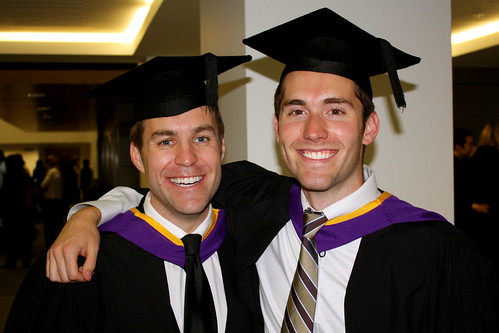
I guess LSE would slip in somewhere here. Of course, there is also GBK...and half-price movie Wednesdays. Decisions, decisions!
--
Kyle Taylor




